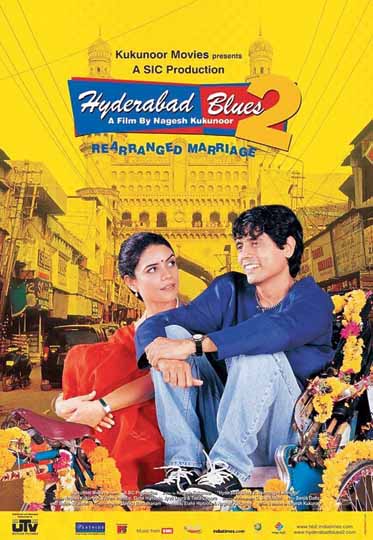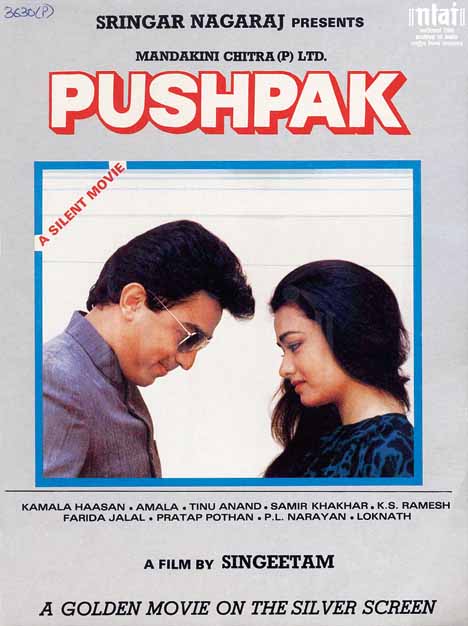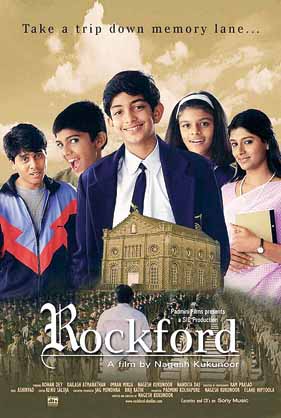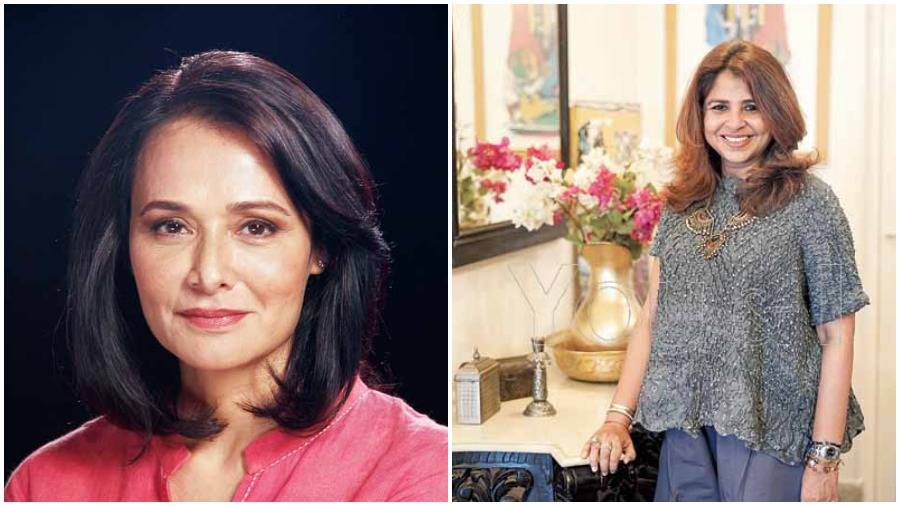One is a dancer-turned-actor and the other is a lawyer-turned-fashion entrepreneur-turned-producer. While both have found their callings in different spectrums of the same form of art, they are both responsible for gifting to the world some very sound films that generations of audience still love to watch. Yet, amid making films for others to watch, they have also found a way to align with themselves. Amala Akkineni and Elahe Hiptoola shared their stories at a Ladies Study Group meet.
Inception
Amala Akkineni: My dad, Milan Mukherjee, was from erstwhile east Bengal and came to India before partition to settle in Uttar Pradesh. Both my parents (Irish mother) served the navy and we moved around a lot. For us, India was not a region or one language and it was exciting to learn new cultures. I discovered classical dance when I was six and fell in love. I spent almost 11 years at Kalakshetra in Chennai and was a performer since the age of 13.
Elahe Hiptoola: I read a Sidney Sheldon (Rage of Angels) and there was a character called Jennifer Parker who was a lawyer and that’s how I decided to become a lawyer too. I have a law degree but I did not become a lawyer.
Walking the film path
Amala: I discovered I was a performer but in classical dance, you need to have a wealthy family. That wasn’t the case with me as I had to make a living. I started getting offers from film directors during my year of graduation. Many of them come to the art festival at Kalakshetra and then come backstage. I never paid attention till I had to pay the bills. They came and convinced my mother and me that it was a Tamil role made for me. It started of as a journey of exploration and I met with it like a fish to water and before I knew it, 54 films happened.
Elahe: My father supported us till our degree was done and then we had to pay our own bills. I started doing my CA during my law degree in Mumbai and even if I was five minutes late, they would deduct my stipend. I had a friend who worked at a store and she needed me to fill in as she was going on vacation. Suddenly, I had a salary of Rs 1,800 and I thought I had found my calling. Slowly from there, I started working with Abu-Sandeep and then got married to come to Hyderabad. That’s when I thought of starting the store here, which was unfortunately the only one. I stood alone for five years without any competition, so it was a little boring. Then Hyderabad Blues fell into my lap. JWT came in much later in 2014.

Hyderabad Blues poster Sourced by the correspondent
Learning the craft
Amala: Pushpaka Vimana was like film school to me. The artistic discipline at dance school definitely gave me an edge but the nuances of film were learnt on set. I have never seen anyone as professional as Kamal Haasan who is fun to work with but is also very particular. As an artist, we move on to the next project but I hear Pushpaka is still being studied at many film schools and back then, it did the rounds of every film festival and that makes me feel good now.
Elahe: Hyderabad Blues happened by chance. I have a single-point agenda, which is to have a good time. I was going through my divorce and was in the fashion business when Nagesh Kukunoor was here for the film and going through talents for it. He came to Dramatic Circle Hyderabad and called me to ask if I wanted to help with production. Nagesh was doing everything for the film and he offered me a role in it. Then he asked me to be an assistant director and I had no clue but I agreed. But from the first day on set, I knew that was what I wanted to do for life.

Poster of Pushpak, a silent film featuring Amala and Kamal Haasan Sourced by the correspondent
Finding oneself
Amala: We worked on six films together and Nagarajuna (Akkineni Nagarjuna) was an embodiment of being a gentleman. I guess it’s because he went to college in the US and his demeanour was different. He was well-spoken and well-read and I was very taken aback and with my mixed background, I got along well with him. We became really good friends and it wasn’t until the movie Shiva that we realised we had feelings for each other and he proposed. I had a whole bunch of projects and I just wanted to wind up. By then I had been a performer and actor for 15 years and living out of a suitcase. The challenge of starting really young for me was that others had connected to me for my roles but I hadn’t discovered myself. I had an epiphany that I needed time to know myself. After my marriage, I realised that I could do what I wanted and then Blue Cross (animal welfare shelter) happened and then suddenly 12-15 years passed and I had done everything I needed to.

Poster of film Rockford Sourced by the correspondent
Elahe: Nagesh writes a journal every single day till date and Rockford was a cumulation of the pages of his school days. After Hyderabad Blues, we were the hottest producer-duo in town and then we went around asking for money to make such films. Hyderabad Blues was made with a budget of 15-17 lakh and Rockford was made with 60 lakh. When people would talk about production-value, I would say every single penny was on film for Hyderabad Blues. The people I used to ask for money from would be in Mumbai and would give me impossible deadlines. I would take the night bus from Hyderabad but walk in with a used airline tag. We got a producer and Rockford was made. To this day, film-making is not a job — it’s my passion and have put in my life into each film we make.
Films become what the audience makes it to be and that’s how I work but even for a film like Dor that didn’t do well, I needed no validation for it because of how good it was and how good the people who worked on it made me look.











